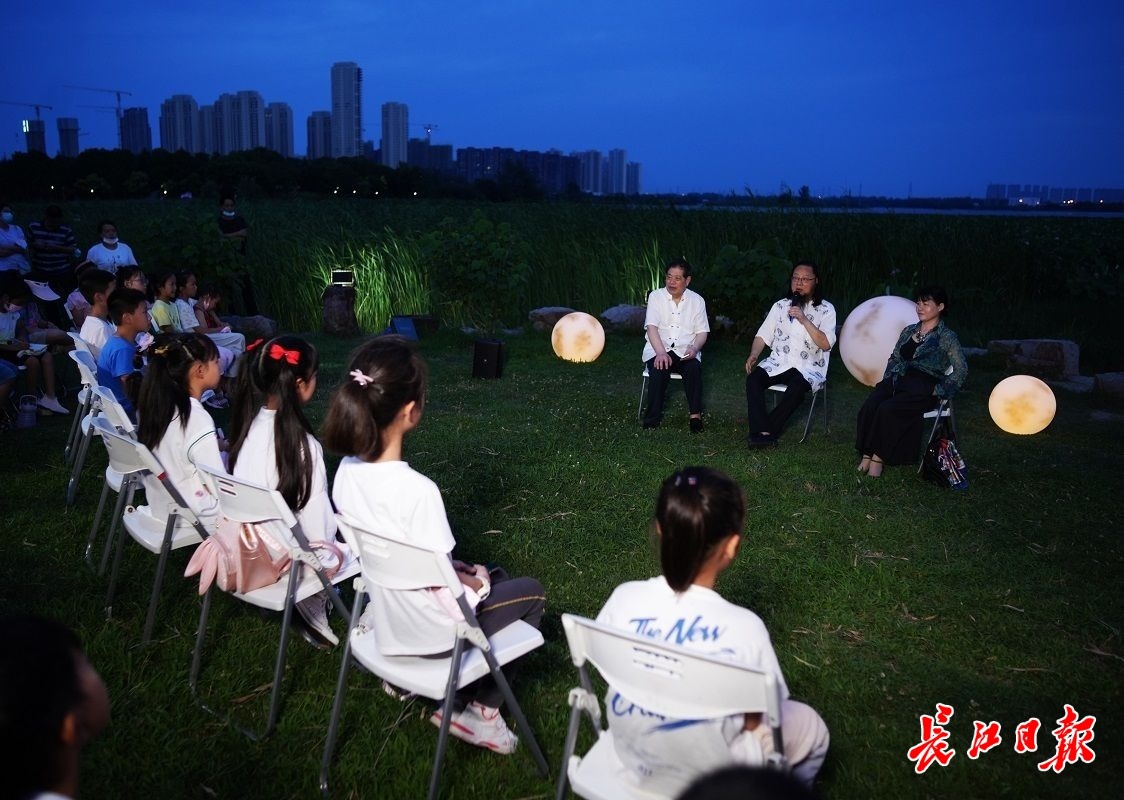Battle of Hexi: Change the battle of Chinese history
Author:Jiuquan Daily Time:2022.06.16
[Endeming the new journey to build a new era, study and implement the spirit of the 14th Provincial Party Congress] Battle of Hexi: The battle to change Chinese history
In ancient times, between the Hei Lishan, Qilian Mountains and Longshou Mountain, it stretched more than a thousand kilometers of the Hexi Corridor as long as a corridor. Because there was a rich water source suitable for farming, and the traffic roads located in the Central Plains and the Western Regions, the strategic position was very important. Essence
The Hexi area refers to the five cities of Wuheling, the west of Wuxianling, Jinchang, Zhangye, Jiuquan, and Jiayuguan, with an area of about 278,000 square kilometers. The Qilian Mountains in the south, also known as the Nanshan Mountains, is distributed from the west to the east to the east of Malaysia Mountain, Helai Mountain, and Longshou Mountain.
At the beginning of Emperor Hanwu's throne, the Hexi region still belonged to the Snowfield forces. Emperor Hanwu decided to deport and eliminate the strong enemy of northern China for a long time with the Western Regions. In particular, Zhang Jian returned from the western region, and it was played that the Western Regions belonged to the "wide land." Emperor Hanwu agreed very much, and decided to seize the Hexi region first as the frontier of further operation of the Western Regions and pinching the Huns.
Two battles in Hexi greatly weakened the Xiongnu forces and changed the relationship between Han and Hungarian.
The first battle of Hexi occurred in March of the second year of Emperor Hanwu Yuanxuan (121 BC). The release of some small tribes along the way to release the release, and those who do not follow them are all beheaded. In Xunzishan defeated the second king of Hun Xie, the second king of Xie Tu, the son of the king and ministry of the king of the haunted evil, and wiped out more than 9,000 enemies. The victory that won this battle paid a heavy price of death and injury, and only 3,000 people returned for more than 10,000 people. Emperor Hanwu was determined to launch an attack again while he was severely damaged by the Xiongnu soldiers and horses.
In the summer of the same year, Emperor Hanwu sent Huo Qubing and Gongsun Ao to attack Hexi tens of thousands of cavalry. The soldiers were divided into two roads. So Huo Quezhuo crossed the river from Lingwu, and after crossing Helan Mountain, he passed through Junjishan. He passed the Xiaoyue's area along the weak water and went to the Heihe, which was deepened by the Convention. Gongsun Ao failed to arrive as scheduled because of his lane. Huo Qubing's illnesses launched an attack from behind the Huns and annihilated more than 30,000 people in the Huns. The Han army lost only three tenths. Later, the king of the Hunan evil killed the King of Xie Tu and reorganized the army, a total of more than 40,000 people descended to Han, and was sealed by Emperor Hanwu.
Since then, the grand strategy of the Han Dynasty's "List of Four County and two levels" officially opened. The vast number of western regions is permanently included in the Chinese territory, and it is impossible to split inside and outside and conspiracy.
In the two battles of Hexi, in addition to the tactical means of "unexpected and unprepared", Huo Qubing also adopted the strategy of "giving up and knowing". Powerful attack until annihilation. In the cold weapon era, Emperor Hanwu mainly adopted cavalry tactics:
First, long -distance strikes, surrounded by roundabouts. In 127 BC, Wei Qing led the elite cavalry from Yunzhong County to circulate westward and reached Gao Yan. Then he went south to attack the Xiongnu Aries King and Lou Tauna King. Using the open natural conditions of the outer terrain of the plug, the tactics of long -distance strikes and roundabouts have given full play to the flexible and mobility of the cavalry.
Second, pursue the victory and expand the results of the battle. In 119 BC, Wei Qing defeated the Huns and fled overnight.
Third, riding a car guard, collaborative cooperation. In 119 BC, Wei Qing led the army to fight with the Huns, "Shan Yu soldiers Chen and served." Wei Qing ordered the Han Army to take the "self -loop as the camp" to prevent the Xiongnu cavalry from hitting the camp, and at the same time sent 5,000 cavalry to fight. During the dusk, the wind was a masterpiece.
In the Hexi Corridor, this is almost the only channel in ancient China to communicate in the Western Regions. The young general Huo Qubu was the originator of the "lightning war" and the successful user. (Sun Jiang)
Editor in charge: Wei Hailing
- END -
Bai Jianyin needles can't smell the slightest, mostly related to 3 reasons

丨 This article is original by Xiao Chen tea丨 First of the People's No.: Xiao Che...
"Poetry flows out of the heart", the famous poet, writer and children "Lotus Thauto"

The Yangtze River Daily Da Wuhan client June 27th Poetry flows from the heart, it ...